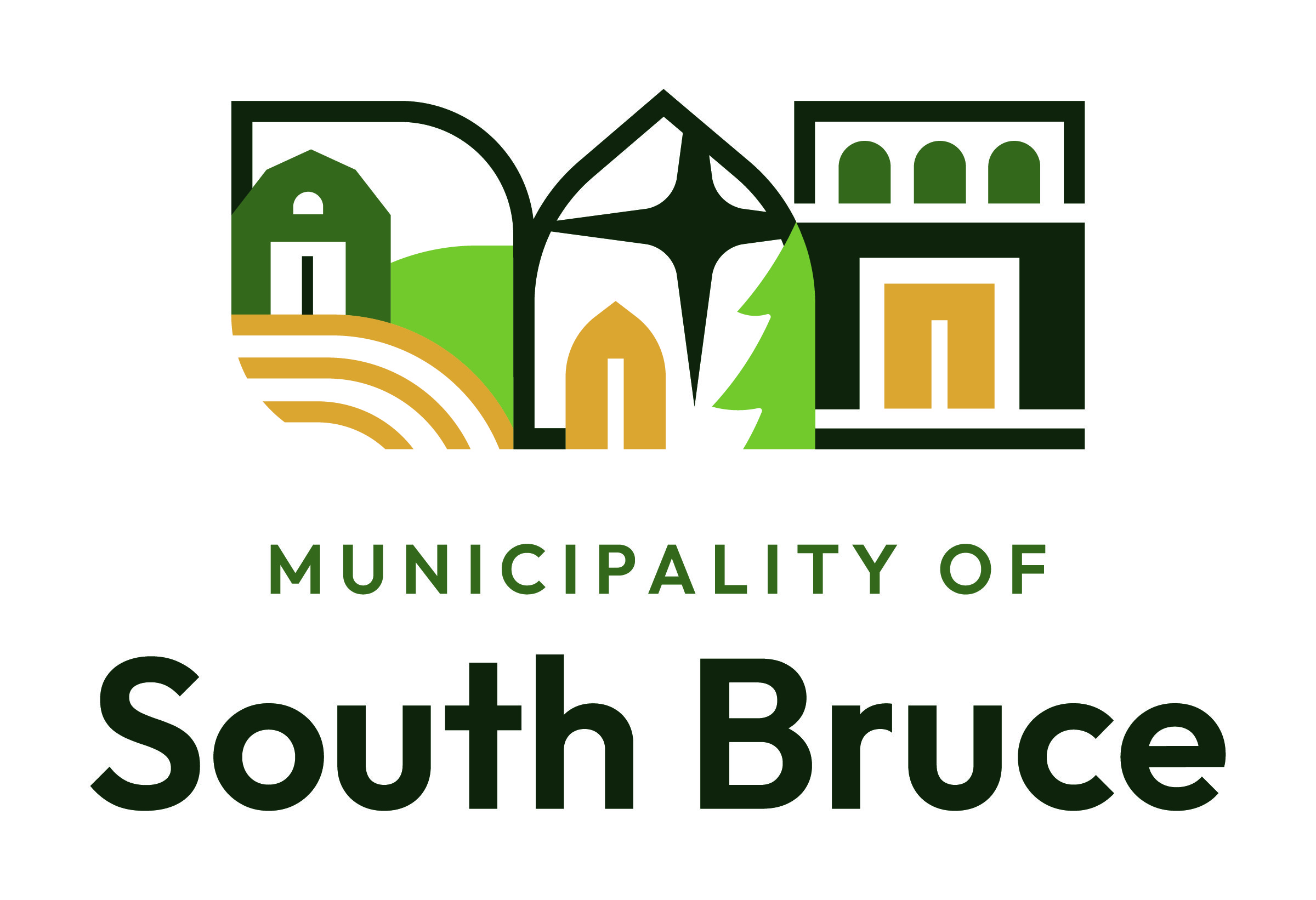
Residents of South Bruce, Ontario, Canada, on Monday voted to become a potential host site of a deep geologic repository for nuclear waste.
The difference between consenting to the repository and not came down to fewer than 100 votes, according to official results dated Tuesday. Consent carried the day though, with 1,604 voters for the repository and 1,526 against, a split of roughly 51% to 48% of the town. Eight people declined to vote, nowhere near enough to eclipse the winning side’s 78-vote margin. Of eligible voters, 69% participated, making the vote binding under Ontario provincial law.
South Bruce is a little more than 100 miles from Toronto, near Lake Huron. The municipality is one of two potential host sites for a deep geologic repository to be built by Canada’s Nuclear Waste Management Organization (NWMO).
“On behalf of everyone at the NWMO, I want to thank the residents of South Bruce for their participation in the referendum and for their efforts over many years to learn everything they can about the project and what it would mean for their community,” Lise Morton, vice-president of Site Selection at NWMO, said Monday in a statement after the unofficial results rolled in.
Aside from the municipality, the Saugeen Ojibway Nation of indigenous people must also give their consent before any repository is built in South Bruce.
In its statement Monday, NWMO said it “continues to work closely with Saugeen Ojibway Nation as they consider if the project is a good fit for their community.”
The only other potential host site for used fuel, the Township of Ignace, agreed this summer to host a repository if NWMO decides to build one there. Ignace’s town council consented to be a candidate after surveying township residents. The Wabigoon Lake Ojibway Nation would also have to consent to a repository in Ignace.
The repository that NWMO could build in either South Bruce or Ignace would hold spent nuclear fuel.
Earlier this year, President Joe Biden (D) signed a law that would increase official U.S. scrutiny of nuclear-waste disposal in the Great Lakes region.